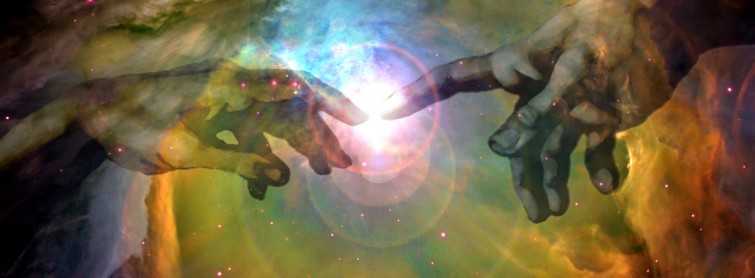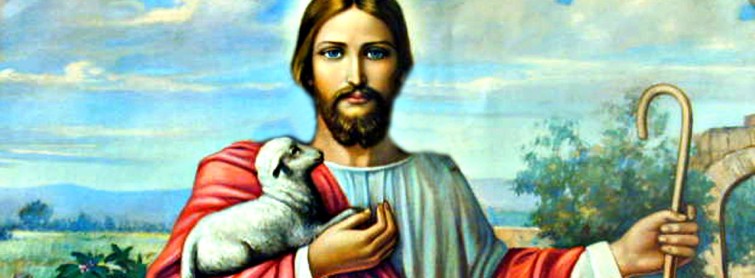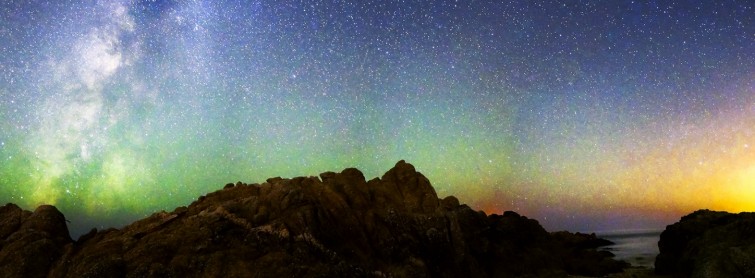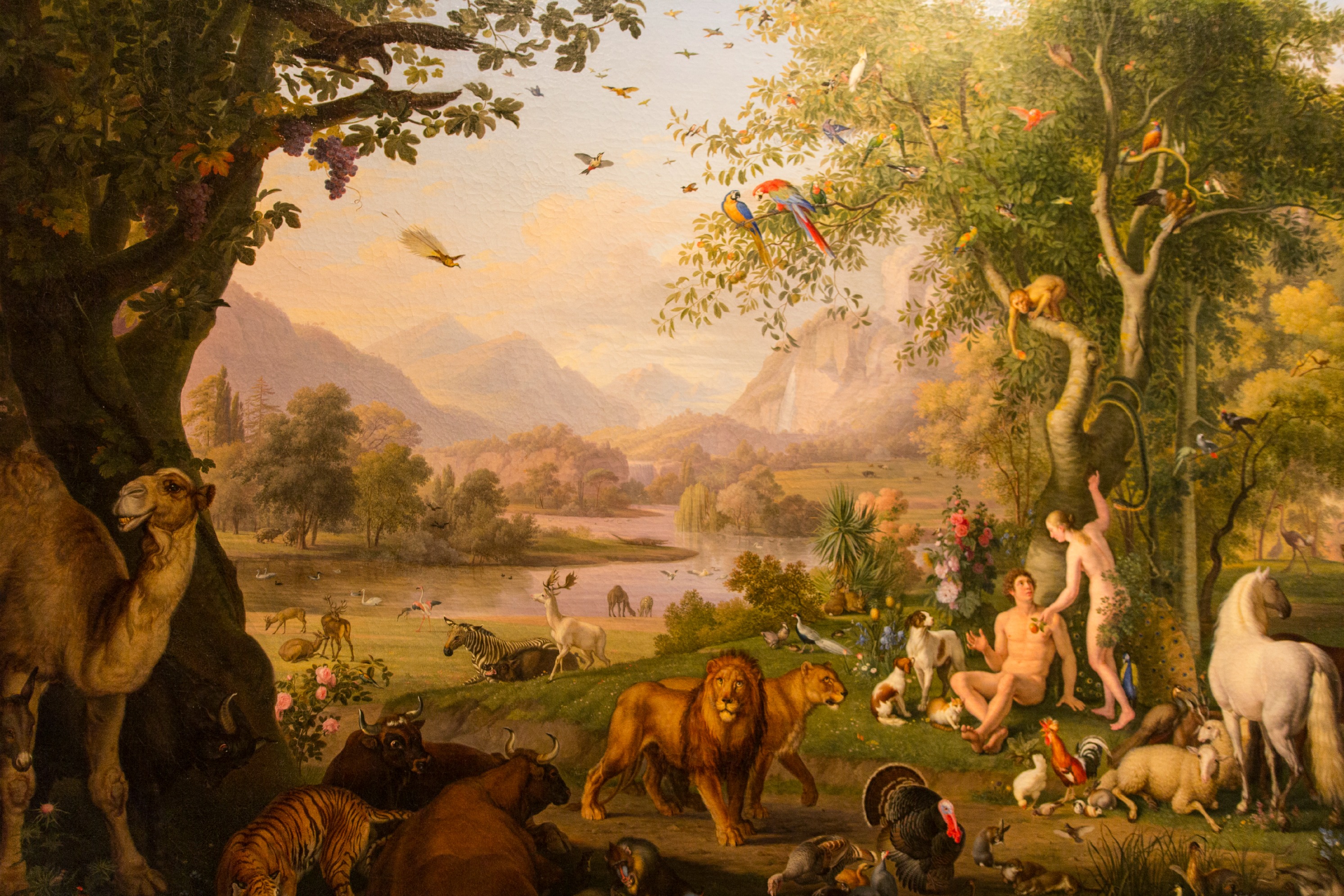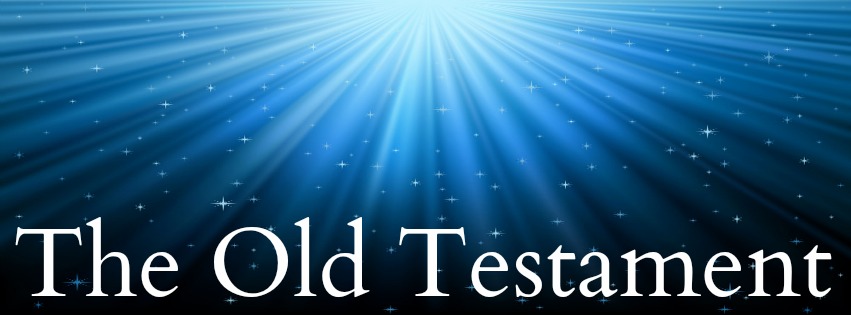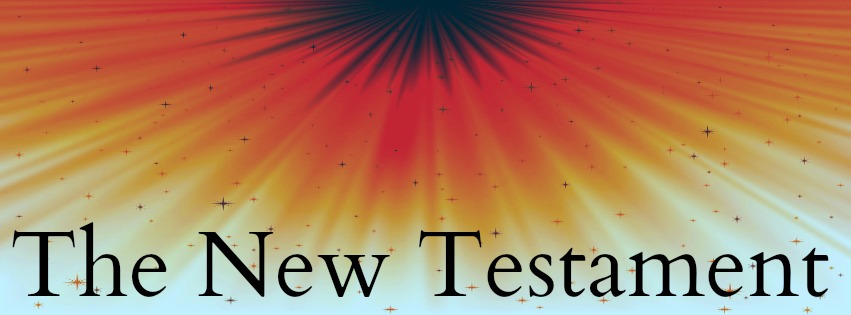Those that believe in creation believe that the universe and all human life is the result of divine creation. For creationists, God is responsible for the creation of the entire cosmos.
While there are differing opinions among Christians regarding creation (e.g. young earth creationism, gap creationism, theistic evolution), almost half of Americans now consider themselves to be creation believers, with almost all of those acknowledging that God created the universe, as described in the Biblical accounts. A recent article in the Daily Mail states that:
“Nearly half of Americans believe God created mankind in a single day about 10,000 years ago, a literal interpretation of the Bible, according to a new survey that shows the view toward evolution in the United States hasn’t changed in 30 years.
About 46 percent of people say creationism explains the origin of humans. Just 15 percent say humans evolved without the assistance of God.” (Read the article)
With so many now believing in the creative work of God, it’s important to look at why creation continues to stand up, in spite of modern scientific theories which appear to contradict the Biblical accounts. We hope this list of four reasons to believe in Biblical Creationism will inspire your faith in God’s creative work, and strengthen it.
- The Bible Reveals Creation
The Bible states over 30 times that God created all life including plant, animal and human.
The first two books of the Bible are even specifically devoted to the accounts of God’s creative activity and our origins. Genesis functions as the foundational book of the Bible and tells the story of the beginnings of the universe, the earth and humanity. The accounts of God’s creation serve to help us understand the book we are about to read, and to grasp God’s redemptive plan for the world.
As a complete work, the Bible reveals the nature of God through his creation, and through his relationship to creation – from Genesis to Revelation. The Primeval History laid out in Genesis 1-11 is referred to over 100 times throughout the New Testament alone, and is referred to by every New Testament author. The importance of the Genesis accounts of creation cannot be overstated.
A belief in evolution is a misreading of scripture as it cannot be reconciled with passages such as Genesis 1 or Exodus 20:11 which states:
“For in six days the LORD made the heavens and the earth, the sea, and all that is in them, but he rested on the seventh day. Therefore the LORD blessed the Sabbath day and made it holy.”
Beliefs in anything other than God’s creation of the universe are inconsistent with the omnipotent, omniscient and redemptive picture of God that the Bible paints.
- Jesus Confirmed Creation
Jesus referred to Genesis himself, on several occasions – always affirming his belief in the accounts as historical realities.
In Mark he states that:
“But at the beginning of creation, God made them male and female.” (10:6)
And in Matthew Jesus responds to the Pharisees questions on divorce:
“Haven’t you read,” he replied, “that at the beginning the Creator ‘made them male and female,’ and said, ‘For this reason a man will leave his father and mother and be united to his wife, and the two will become one flesh’? So they are no longer two, but one flesh. Therefore what God has joined together, let no one separate.” (19:3-6)
Jesus confirmed the accounts of Genesis: Adam and Eve were real people, as were Cain and Abel. Jesus also affirms the historical validity of Noah and the flood later on in Matthew.
For Jesus, the events described in Genesis were real events with real people. The historicity of The Primeval History is bound up with much of Christ’s teaching on theological matters. Understanding Jesus relies on our understanding of, and belief in, the creation narrative.
- The Authority of Scripture Relies On It
If we deny creation, or allege that some passages should be understood as mere myth or allegory, then we are putting the authority of the canon at risk for two reasons:
Firstly, if these stories do not describe events as they state, then what other parts of the Bible might be misleading? Deciding not to believe in the creation accounts of Genesis will inevitably lead to questions about the reliability of other parts of the Bible, and the Bible as a complete work.
Secondly, if the Bible is in fact unreliable, then we undermine our own belief in God’s inerrant word. If we do not subscribe to the creation accounts which appear throughout the Bible, then we open the Bible up to be considered full of errors and not divinely inspired – as Christians usually understand it.
- God’s Character is Grounded in Creation
The Bible reveals God’s nature through his creation. In the beginning we are created in his image. Throughout the Old Testament the people are called to be the people of a creative God and in the New Testament we see God revealed through Jesus, who was with the father at the creation:
“In the beginning was the Word, and the Word was with God, and the Word was God. He was with God in the beginning. Through him all things were made; without him nothing was made that has been made.” (John 1:1-3)
The New Testament even closes with the promise of a new creation, in which God will carry out his redemptive plans and see his kingdom reign on earth. In order to understand God, we must believe and recognise him as the creator of the entire cosmos. The Psalmist wrote that:
“The heavens declare the glory of God; the skies proclaim the work of his hands.” (19:1)
To exist within creation is to exist within the presence of God. God is deeply embedded into his creation.
To celebrate God’s creation, sign our petition to establish Creation Day as an official holiday

